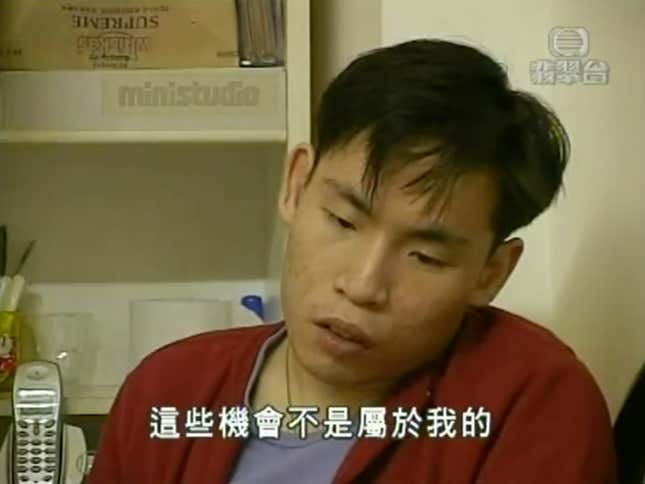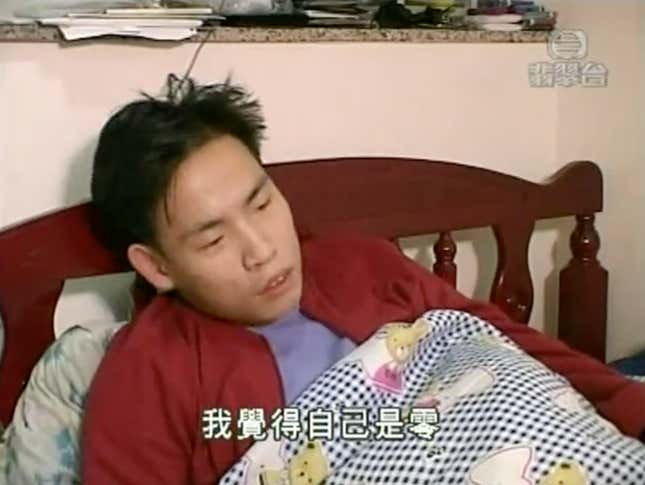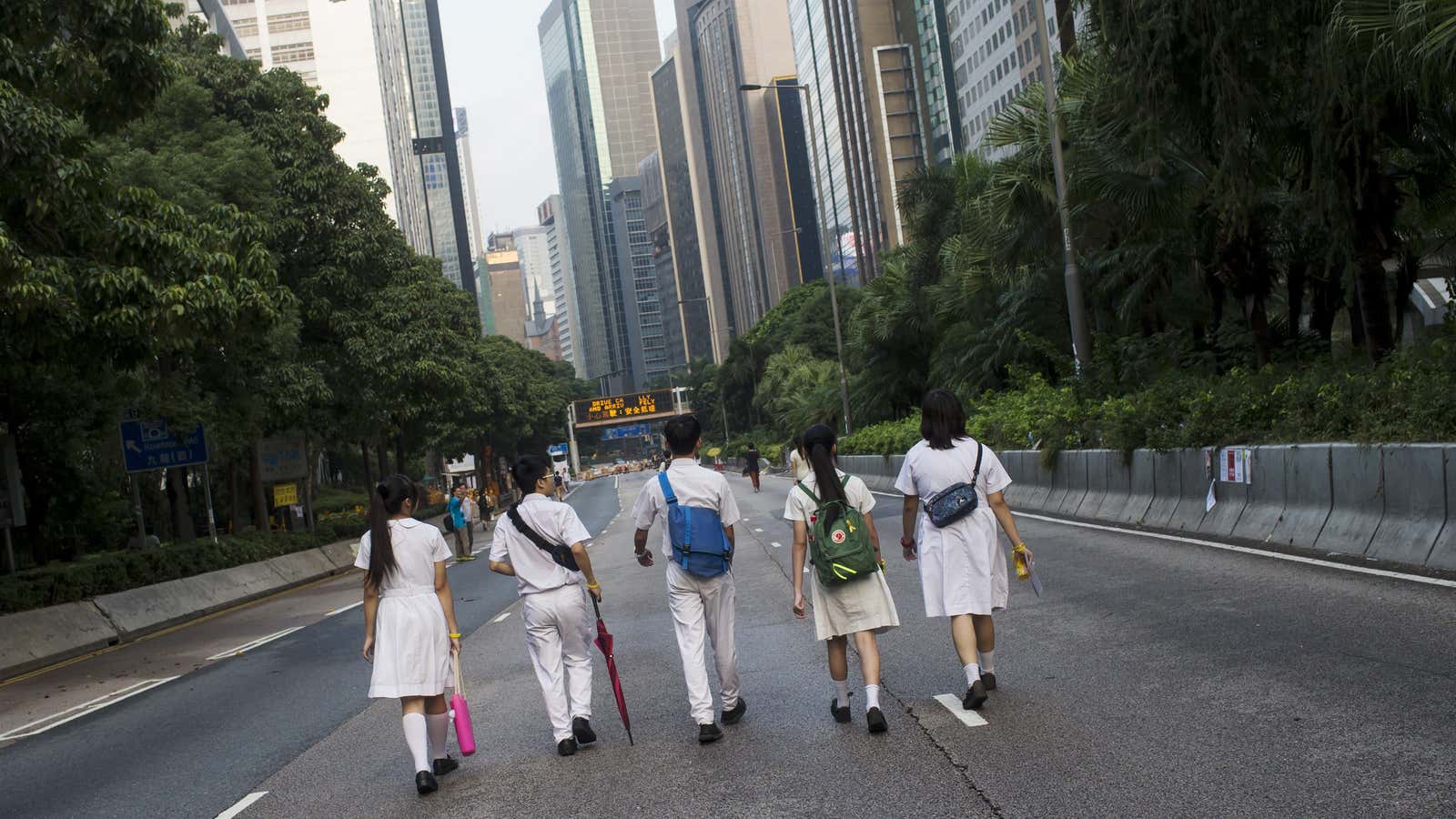Hong Kong teenagers aren’t shy about poking fun of themselves. While they often do so in jest, the terms they’ve coined reflect a state of pessimism that plagues the city’s youth today.
And what do they have to be depressed about? Twenty years after Hong Kong’s return to Chinese rule, many young people in the territory feel they haven’t reaped the economic rewards of the handover but are actually worse off, unable to afford a home, or even a parking spot, in the world’s most expensive real-estate market. The youth, who played a large role in the 2014 Umbrella Movement protests, are especially dissatisfied with the politics in the Special Administrative Region and the erosion of Hong Kong’s “one country, two systems” model.
Joseph Ting Wun-pao, a professor of Chinese history, said in a talk this month that he thinks teenagers are using self-mocking terms—such as “rubbish youth,” which refers to how unproductive and hopeless they are—because they aren’t able to move up the social ladder.
Many of the terms used by Hong Kong’s young people are derived from words that are sexual, vulgar, or disparaging in meaning, according to a paper (link in Chinese) on Hong Kong internet language by Lai Siu-ming, a professor of Chinese language studies at the Education University of Hong Kong. Because the internet allows users to hide their identities, they feel more comfortable openly expressing their despair. And the more society rejects their culture and terms, the more they embrace them.
“Internet terms in Hong Kong are mostly negative rather than positive, showing users’ way of mocking life,” wrote Lai. “There’s one internet phrase that fully reflects their mindset of using the language: ‘You will lose if you take it seriously.'”
Many of these terms may seem direct and simple, but they require a bit of wit and cultural understanding to dissect their deeper meanings. Here are three that capture the outlook of Hong Kong’s youth.
Toxic
The term: 毒 (duk)
The meaning: This word originated from the Japanese term 獨男, meaning single guy. The term toxic guy (毒男) emerged from a play on words since “single” is a homophone for “toxic” in Cantonese. Among Hong Kong youth, toxic can mean many things besides single. Normally used to describe guys, a toxic person is someone who’s introverted and spends a lot of time at home surfing the internet or watching anime. He or she lacks confidence, is out of shape, and doesn’t have the social skills to interact with someone of the opposite sex, or perhaps even people in general.
The term came to prominence after the show Sunday Report, which airs on Hong Kong television network TVB, interviewed a 22-year-old man named Leung Man-yuen (nicknamed “Ah Yuen”) in 2005 on the topic of “hidden youths” (a.k.a. toxic youths).
Ah Yuen is still the icon of “toxic” in Hong Kong culture because of two of his sound bites from the interview: “I think I am nothing” and “chances are not for me.”


Rubbish youth
The term: 廢青 (fai cing)
The meaning: To be a “rubbish youth” is to be lazy, unproductive, and hopeless. In spite of the connotations, teenagers will readily use it to describe themselves. They might use it as such:
I have been a rubbish youth all day. I woke at 2pm and basically did nothing.
I’m such a rubbish youth. I still haven’t figured out what I truly want to be nor received a graduation job offer yet.
Unlike toxic youths, most rubbish youths lead normal social lives. They might not choose careers that are traditionally seen as successful, like lawyers or doctors, but have their own goals and dreams.
A cartoon by local illustrator LLH from 2015 depicts the defining characteristics of rubbish youth, who love binge-watching dramas, think more about traveling than studying, and describe themselves as tired and poor.
Plastic
The term: 膠 (gaau)
The meaning: To be plastic is to be idiotic. Despite its bluntness, the term is widely used by teenagers to tease each other. Though it is often used to describe people, plastic can modify many other nouns, such as questions, performances, and actions. Among Hong Kong internet users, the clown face emoji represents this term.
Plastic, as it’s used in this way, originated from another Cantonese slang term 戇居 (ngong gui), generally used among older generations to describe people who are stupid. Younger generations simplified the phrase to 膠 (gaau), which sounds similar to 居 (gui). The word demonstrates the flexibility of Cantonese and its ability to evolve and adapt new meanings on the internet, as compared to Mandarin, says Lai.
